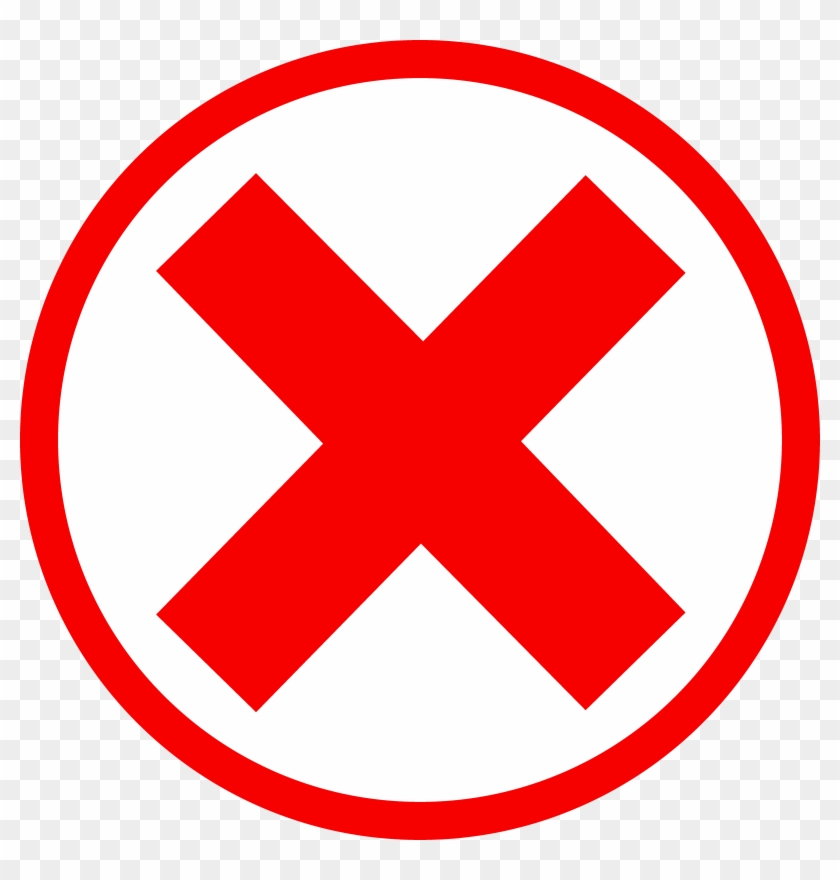Do you have questions?
Call our free helpline now.
Our clients come first. Here are a few COVID-19 precautions we take:
- Rapid COVID-19 antigen testing is now available to our clients at each of the Promises facilities.
- We test all incoming clients at the time of admission.
- We will be doing antigen testing for 100% of our staff in high-risk areas as defined by the local health department or, in the absence of health department guidelines, the CDC.
Professional resources for your clients
 Promises Brazos Valley accepts clients from all over the country, and we regularly partner with referring providers. When patients complete programming with us in College Station, Texas, we coordinate aftercare with clinicians in their home community so they can continue recovery without interruption. If you share your practice information, we will discuss your offerings and identify the best fit for our patients who are ready to transition.
Promises Brazos Valley accepts clients from all over the country, and we regularly partner with referring providers. When patients complete programming with us in College Station, Texas, we coordinate aftercare with clinicians in their home community so they can continue recovery without interruption. If you share your practice information, we will discuss your offerings and identify the best fit for our patients who are ready to transition.
Sending your clients to Promises Brazos Valley
If you have a client that needs addiction or dual diagnosis treatment, we’re here to provide support and partnership with your practice. We offer a variety of evidence-based substance use disorder treatments and therapies and take pride in our open communications. We know you want to make sure your client is in the best care possible. That’s why we communicate with you regularly about their progress, as well as having them talk to you themselves.
Promises Brazos Valley rehab provides high staff-to-client ratios to ensure the best care and the most positive impact possible. We will walk you and your client through our admissions process, leaving you both to focus on their recovery.
Diagnostic evaluations
We want to make sure that your client gets the best care possible. Each patient receives a comprehensive assessment so we can evaluate needs across substance use, mental health, and medical domains. We screen for substance use disorders and co-occurring disorders, review medication history, and conduct an interview to clarify mental health disorders. If we are not the right program, we will help identify a provider that is.
We also verify insurance benefits and explain coverage before admission. We work with various providers and plans to give the best coverage possible.
How we coordinate treatment services
Promises Brazos Valley works with referring clinicians to align addiction services with the patient’s goals. Common treatment options include:
- Medication and medications for withdrawal management and stabilization when clinically indicated, including FDA-approved medications for opioid use disorder and alcohol use disorder.
- Safety planning, harm reduction education, and overdose prevention, including links to community resources.
- Mental health support, including individual therapy and counseling designed specifically to build coping skills, reduce drug cravings, and address symptoms like depression or anxiety.
- Group and peer counseling for education, behavior change, and support.
We respect your treatment plan and coordinate labs, documentation, and follow up so patients can focus on recovery.
Levels of care and programs
Patients benefit from different types and levels of care. Depending on diagnosis and stability, care may include:
- Outpatient treatment and intensive outpatient, which offer structured therapies while patients live at home and remain connected to work, school, and family.
- Inpatient care for medical needs, withdrawal monitoring, or psychiatric stabilization.
- A residential program that provides 24 hour structure focused on alcohol and drug recovery skills.
- A partial hospitalization program (PHP) offering structured, intensive treatment during the day while allowing patients to return home in the evenings, providing a balance between inpatient care and outpatient treatment.
Our medically managed detoxification and withdrawal support program helps patients stabilize, reduce risk of overdose, and prepare for therapies. Medications and behavioral interventions continue afterward to avoid relapse.
Evidence based approaches we use and coordinate
We integrate counseling, behavior strategies, and medication. Examples include cognitive behavioral therapy (CBT), motivational interventions, contingency management, and trauma-informed care. For opioid use disorder, medication-assisted treatment can reduce drug use and improve retention. For alcohol and drug disorders, medications may be considered, along with psychosocial treatments and support. For stimulants or other substances, we focus on skills training, individual therapy, and peer support. Clinical decisions are always individualized and made with the patient and doctor.
For patients with co-occurring disorders, integrated care that addresses mental health and substance use together improves outcomes.
What to expect from detoxification and withdrawal care
When indicated, our team works with medical partners to manage withdrawal symptoms safely. We provide education about medications that can support stabilization, we monitor for complications, and we encourage ongoing therapies once acute symptoms resolve. We also discuss overdose risks during transitions and offer strategies to avoid relapse as patients move into ongoing programs.
Aftercare planning and preventing relapse
Recovery is a long term process. We help patients identify triggers, build strategies to avoid relapse, and connect with support services like peer recovery groups and family education. We coordinate referrals to trusted providers near home and share a concise discharge summary so your continuity plan is clear. Our approach is designed specifically to support sustained recovery for alcohol and drug addiction and related mental health needs.
Partner with us today
We can help your client get back to the life they want. Contact Promises Brazos Valley today at 888.483.7851 or through our online form. To learn more about our clinicians, meet our sober living team.
Frequently asked questions
What types of addiction treatment options are available for individuals seeking help?
Addiction treatment options include inpatient and outpatient rehabilitation, detoxification, counseling, medication-assisted treatment, support groups, and holistic therapies. The choice depends on individual needs and the severity of the addiction.
How do personalized addiction recovery programs differ from standard treatment approaches?
Personalized addiction recovery programs are tailored to an individual’s unique needs, preferences, and circumstances, while standard treatment approaches follow a more generalized protocol. Personalized programs may include customized therapy, flexible scheduling, and targeted support services.
What is the difference between inpatient and outpatient addiction treatment services?
Inpatient addiction treatment requires individuals to stay at a treatment facility for a set period, providing intensive care and supervision. Outpatient treatment allows individuals to live at home and attend scheduled therapy sessions, offering more flexibility but less intensive support.
How can addiction counseling services support long-term recovery from substance abuse?
Addiction counseling services provide ongoing emotional support, coping strategies, relapse prevention techniques, and guidance to help individuals maintain sobriety and address underlying issues contributing to substance abuse.
What factors are considered when creating a personalized addiction treatment plan?
Factors considered include the type and severity of addiction, co-occurring mental health conditions, medical history, personal preferences, support systems, and any previous treatment experiences.
| ADMISSIONS | More Information | |
| 24/7 on-site admissions |  |
| LEVELS OF CARE | ||
| Detox |  |
|
| Residential Addiction Treatment |  |
|
| Residential Mental Health Treatment |  |
|
| Co-Occurring Disorder Treatment |  |
|
| Partial Hospitalization Program |  |
|
| Intensive Outpatient Program |  |
|
| Rooted Alumni Program |  |
|
| TREATMENT APPROACH | ||
| Evidence-based |  |
|
| Trauma-informed |  |
|
| WHAT WE TREAT + TREATMENT MODALITIES | ||
| Individual Therapy |  |
|
| Group Therapy |  |
|
| Family Programming |  |
Due to safety reasons related to COVID-19, virtual family sessions available as scheduled by therapists |
| 12-Step |  |
|
| 12-Step Alternatives |  |
SMART Recovery and Dharma Recovery |
| Mood Disorders |  |
Depression, Dysthymia, Bipolar Disorder, Substance-Induced Mood Disorder |
| Dialectical behavior therapy (DBT) |  |
DBT has proven to be a powerful tool to help treat individuals suffering from depression, trauma and PTSD, and substance abuse problems. This modality helps clients develop mindfulness, emotional regulation, distress tolerance, and interpersonal effectiveness. |
| Cognitive behavioral therapy (CBT) |  |
CBT is useful for anyone who wants to learn how to better manage and respond to stressful events. |
| Eye movement desensitization and reprocessing (EMDR) |  |
|
| Mindfulness Modalities |  |
Various modalities that teach the art of thinking, acting, and being in the moment, unburdened by history or expectations for the future. Clients learn to be in the here and now without judgment, observing feelings and urges without needing to “fix” them |
| TREM (Trauma Recovery Empowerment Model) |  |
|
| Experiential Therapy Programs |  |
Adventure therapy teaches important recovery lessons about trust, communication, perseverance, team-building and overcoming obstacles. |
| Equine Therapy |  |
|
| Gender Separate Treatment |  |
|
| OUR FACILITY | ||
| Single Bedroom |  |
|
| 24/7 Nursing staff |  |
|
| On-site kitchen staff |  |
|
| Gym |  |
|
| Outdoor Smoking |  |
Designated outdoor-only smoking areas. For the safety of our clients, vaping is temporarily prohibited. |
| Cell Phone / Call Policy |  |
There is no-call policy in the first five days of treatment for clients so that they can focus on their treatment plan and health. Facility phone allowed for use for clients 3x week. No personal cell phone/laptops. |
| Spiritual Observations (optional & virtual) |  |
Online non-denominational services |
| Transportation |  |
|
| INSURANCE INFORMATION | ||
| Commercial Insurance |  |
|
| Self/Private Pay |  |
|
| Medicaid |  |
|
| ACCREDITATIONS | ||
| Joint Commission |  |
|
